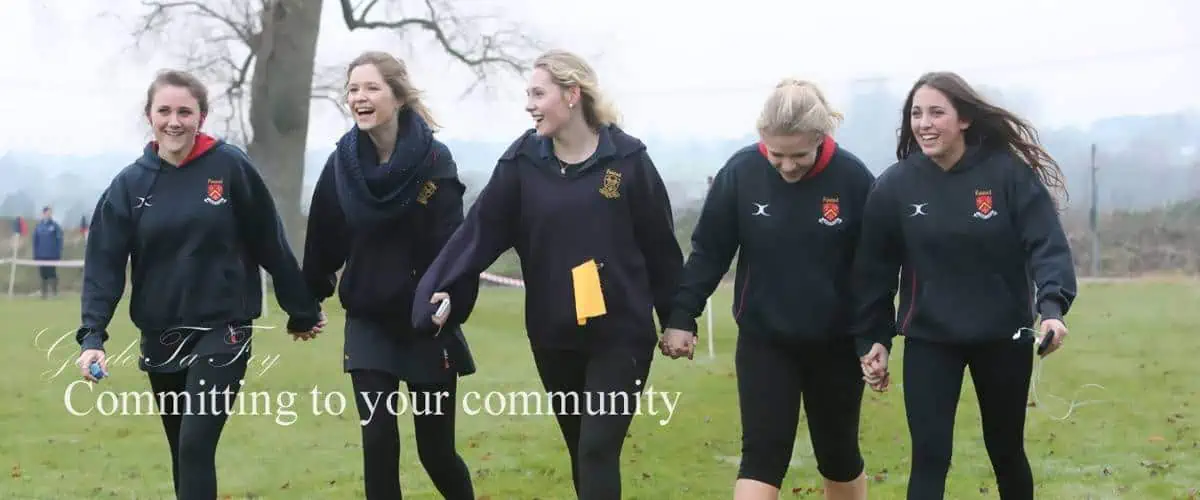THE RISE IN the popularity of summer schools in the UK over the past four decades is not surprising when one considers what is on offer.
Attending a UK summer school does wonders for a child’s sense of independence.
Children learn to make their own choices in the activities they do, teamwork and sharing. There are also opportunities to try new things. At home, it is unlikely they can play golf or go horse riding.
For schools that run their own courses, students do not tend to travel in large groups but with four or five other students which means they should not have to rely on a Chinese-speaking group leader. Instead, they learn to solve problems by communicating with teachers.
Courses run by schools themselves tend to provide a true taste of British boarding. One such school that follows this ethos is Felsted.
Millfield School also runs its own summer program. Its English Language Holiday Courses offer language tuition alongside a full sport, social and cultural program.
The advantages of these “homegrown” courses are many. Students take lessons across a broad range of academic subjects led by experienced teachers.
At Felsted, the school’s own teachers deliver lessons and live at the school at the same time.
Independent institutions that organize summer camps tend to hire a school’s facilities. Examples include British Study Centres (Wycliffe College), Thames Valley Summer Schools (Sevenoaks School) and Our World English (Charterhouse School and Dulwich College).
Student groups tend to be very large, so in contrast with camps run by schools, children may become attached to group leaders or other members of their own nationality.
To counteract this, children can travel in small groups. With so many children on campus, it is easier to make more friends at camps run by independent organizations.
Independent institutions tend to have bigger budgets. Firstly, this means that a wide range of activities and trips are usually offered.
Secondly, they can attract children from many countries around the world, creating a memorable cultural experience for Hong Kong students.
In contrast with the specialist teaching provided to students in well-equipped blocks by a local school’s own teachers, hired venues tend to rent classrooms rather than science blocks or design and technology areas.
Samuel Chan is a director at Britannia StudyLink
Original Article:http://www.thestandard.com.hk/section-news.php?id=166145&fc=3

